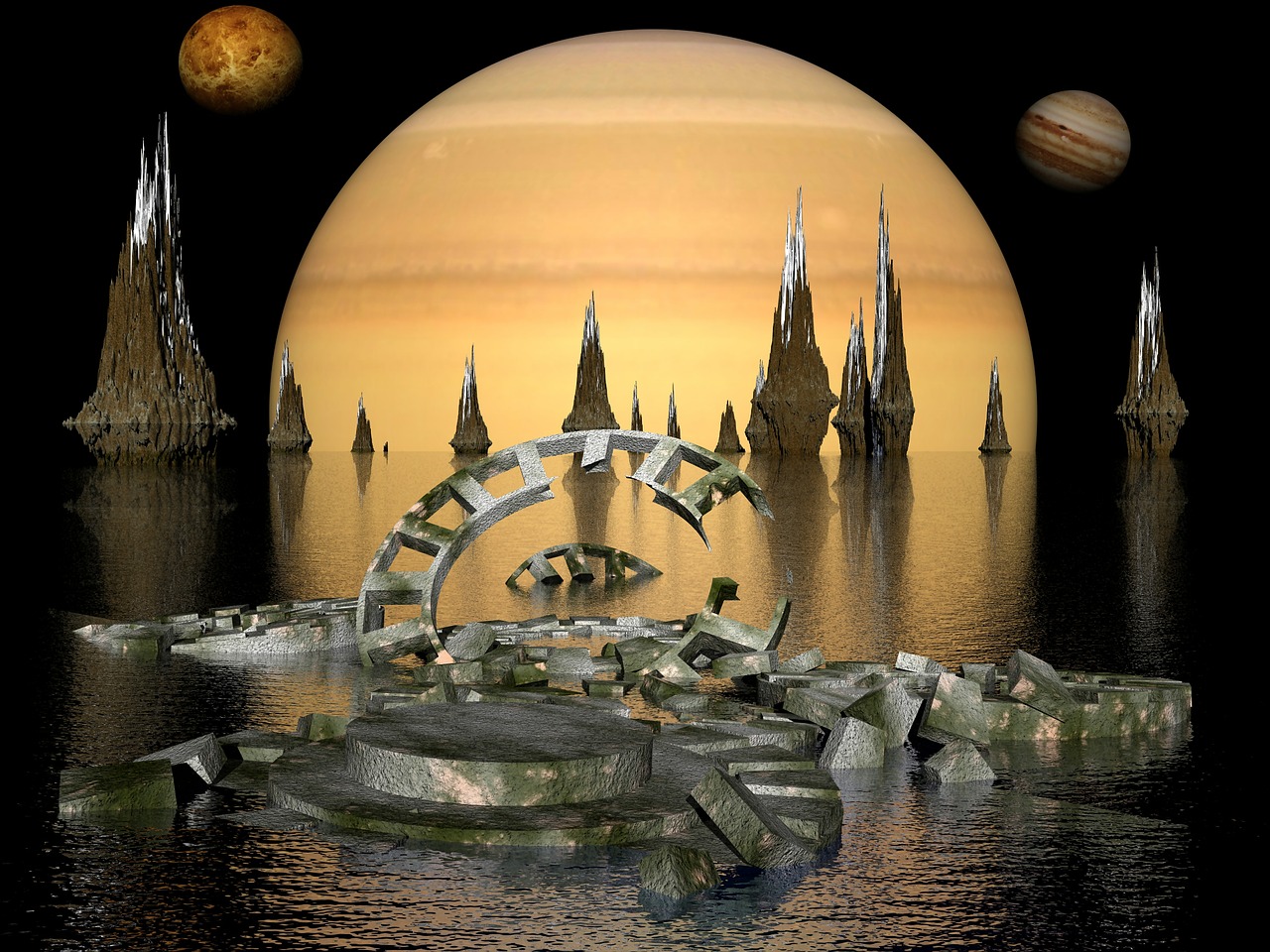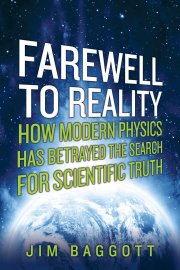Translating deep thinking into common sense
Farewell to Reality

By Dale B. Halling
November 9, 2014
SUBSCRIBE TO SAVVY STREET (It's Free)
Farewell to Reality by Jim Baggott explores the state of modern physics and suggests that theoretical physics has passed over into fairy tales. The author suggests that many of the models proposed by theoretical physicists today are untestable, not that they have not yet been tested, but they can never be tested. These theories have become totally disconnected from empirical evidence, i.e., reality, and therefore threaten the vary basis of science. He shows that this has led to theoretical physicists providing a scientific veneer to theological arguments, particularly the strong anthropic principle in cosmology.
 This book is very well written and is probably the best overview of modern theoretical physics I have ever read. Baggott starts out by providing the “standard” understanding of modern physics. Then he proceeds to examine some of the problems in physics, starting with Newton’s gravity as force at a distance. He examines some of the early debates about quantum mechanics and then moves onto the standard model of particle physics and cosmology, albeit not until he gets to String Theory, M-Brane or M-Theory and related ideas. In my opinion, the author gives most of these ideas in physics the benefit of the doubt. The author is respectful and provides overwhelming arguments before he calls any particular model fairy-tale physics. This is an excellent book for anyone interested in these issues.
This book is very well written and is probably the best overview of modern theoretical physics I have ever read. Baggott starts out by providing the “standard” understanding of modern physics. Then he proceeds to examine some of the problems in physics, starting with Newton’s gravity as force at a distance. He examines some of the early debates about quantum mechanics and then moves onto the standard model of particle physics and cosmology, albeit not until he gets to String Theory, M-Brane or M-Theory and related ideas. In my opinion, the author gives most of these ideas in physics the benefit of the doubt. The author is respectful and provides overwhelming arguments before he calls any particular model fairy-tale physics. This is an excellent book for anyone interested in these issues.
Mr. Baggot is critical of string theory as untestable. He quotes Richard Feynman that “String theorists don’t make predictions, they make excuses.” He saves his strongest criticisms for the ‘strong anthropic principle’ in cosmology, which states that the Universe is somehow compelled to eventually have intelligent life. According to Baggot, “the strong anthropic principle reminds us that modern theoretical physics has drifted far from the notional purpose.” “When their (anthropic cosmologists) ambition to give answers drives them to tell fairy tales, smothered in a sugar-coating of anthropic logic, let us all be clear that we’ve left science far behind.”
Now for my criticisms: Baggott’s vague development of what constitutes science, while perhaps generous to the ideas he is criticizing, is hardly a rigorous statement of the foundations of science. In part, this is because the author buys into a platonic view of reality. Strangely enough, many of the models he criticizes also are based on a platonic view of reality. If his foundations of science were more closely aligned with those of the enlightenment, his arguments would be strengthened and he would find the source of the problems he identifies actually commenced earlier in the field of physics than the book portrays. If you are interested how anti-enlightenment philosophical ideas caused physics to go off course leading to the problems of today see Absurdities in Modern Physics: A Solution, by Paul Marmet.
This book adds to the growing chorus that modern physics has lost its way and it will therefore affect all of science.








